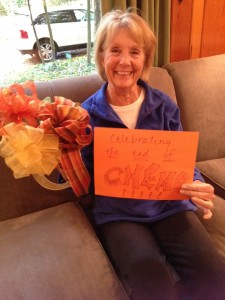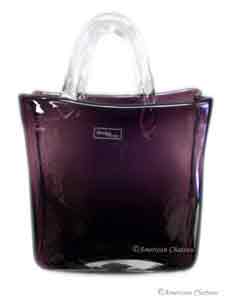Those of us who started attending church when we were on the cradle roll are happy to talk about God. We’re usually faithful to pray, and we’re even comfortable with praying out loud if asked. After all, Jesus became our childhood friend as we met him through flannel-graph stories in Sunday school. Talking to him was much like talking to any of our other friends.
 Then we grew older and learned there was more to it than that. We realized God wasn’t on a par with any of our other friends but was unique, superior, someone who merited reverence and awe, and the utmost of respect.
Then we grew older and learned there was more to it than that. We realized God wasn’t on a par with any of our other friends but was unique, superior, someone who merited reverence and awe, and the utmost of respect.
Eventually we were taught that to fear the Lord is the beginning of wisdom, and surely approaching God ought to be done as wisely as possible. Did that mean he wanted us to be afraid of him when we prayed? If so, then why did he tell us to “come as little children” and “come boldly to the throne of grace?” Can we come to him that way if we’re afraid?
At the very least, fearing God probably means respecting his authority and power. He’s the ultimate in both categories and can do anything he wants with anything he’s created, which includes us. If we’re on his bad side, he is to be feared indeed, since he will judge all of mankind. He also wants us to revere him as God of gods, holy and perfect.
While I was contemplating what might be the wisest way to approach the Lord, probably making it more complicated than it needed to be, I heard someone pray a wise prayer. Sandy was asked to pray at the conclusion of our women’s Bible study today. We’d had a discussion about true wisdom and fearing God. If I’d been the one praying, I probably would have started by begging God to give us more wisdom, but not Sandy.
 She started by thanking God for who he is and continued to list reasons all of us were thankful for him. The middle of her prayer was more gratitude, one thing after another, and she concluded with a final series of thank you’s. Her prayer was all about the Lord and nothing about us.
She started by thanking God for who he is and continued to list reasons all of us were thankful for him. The middle of her prayer was more gratitude, one thing after another, and she concluded with a final series of thank you’s. Her prayer was all about the Lord and nothing about us.
How unusual, I thought, to pray for several minutes without ever asking for anything. It was simply thank you… thank you… thank you.
And it was wise.
“The Lord said… ‘Gather the people to me, that I may let them hear my words, so that they may learn to fear me all the days that they live on the earth, and that they may teach their children so’.” (Deuteronomy 4:10)


